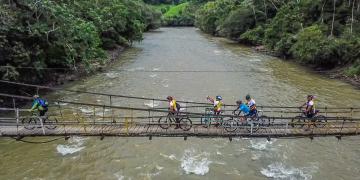Community monitoring of marine reserves
Biophysical, socioeconomic and governance principles for the design, establishment and management of marine reserves
Prioritization of sites for the establishment of marine reserves
Gender equality in community monitoring
Respecting fully protected marine reserves through collaborative agreements and monitoring
Cost estimation of marine reserves
